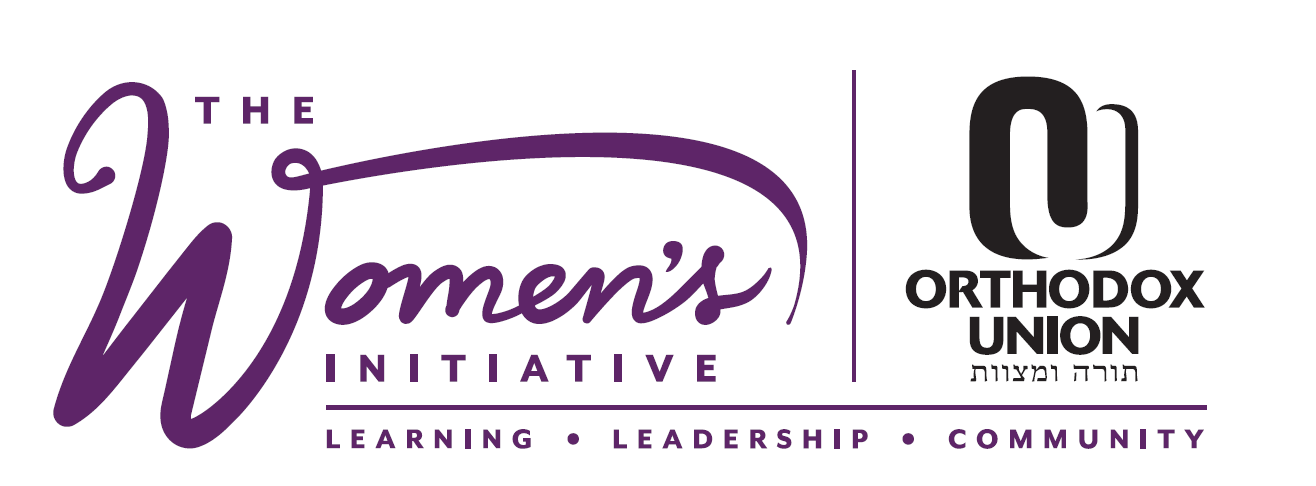Yechezkel 4
לעילוי נשמת Barbara Atlas, Bracha bas Avraham. She was a beacon of light to all who knew her. Barbara’s kindness and generosity had no bounds.
Behind the Iron Curtain
G-d told Ezekiel to take a brick and to inscribe "Jerusalem" upon it. He was then to besiege the brick, symbolic of the actual siege of Jerusalem. He was to take an iron pan and place it as an "iron wall" between himself and the representation of the city. Ezekiel was to focus upon it, to be a sign to the people. (From here, the Talmud in Brachos 32b says that since the day Jerusalem was destroyed, it's as if there was an iron wall between Israel and G-d.)
Ezekiel was then commanded to lie on his left side (facing north) one day for each year that Israel provoked G-d since entering the land - 390! The suffering he endured would effect partial atonement for the people. Upon completing the 390 days on his left, Ezekiel was to lie on his right side (facing south) for an additional 40 days, corresponding to the years after the Ten Tribes were exiled until the fall of Jerusalem. Ezekiel was to uncover his arm, like a warrior, and G-d would place ropes upon him, to keep him in place. (Metaphorically, the fate Ezekiel prophesied was unmovable.)
What would Ezekiel eat for the 430 days he was lying on his sides? G-d told him to take a mixture of wheat, barley, beans, lentils and a few other ingredients and to mix them in one utensil. He had a strict daily ration of this mixture, as well as of water. And he was to bake it using human excrement, in the sight of the people. This was symbolic of how the Jewish people would eat their food in a state of uncleanliness after their exile.
Until this point, Ezekiel said nothing about his unpleasant mission, but when G-d got to the part about human excrement, the prophet balked. "My whole life, I've been careful not to eat neveilah, treifa or piggul!" (Respectively, those are animals that died without being properly slaughtered, those that were slaughtered but found to be unfit, and a sacrifice that was rendered unfit by the owner's improper intentions.) In deference to Ezekiel's strict adherence to the laws of kashrus, G-d substituted cattle dung for human excrement. (Still unpleasant, perhaps, but nowhere near as unseemly.)
G-d then told Ezekiel that He will "break the staff of bread in Jerusalem" - there would still be food to eat, but in small amounts, so that it would be measured out. The people will lack food and water and will waste away in their sins.
Author: Rabbi Jack Abramowitz

